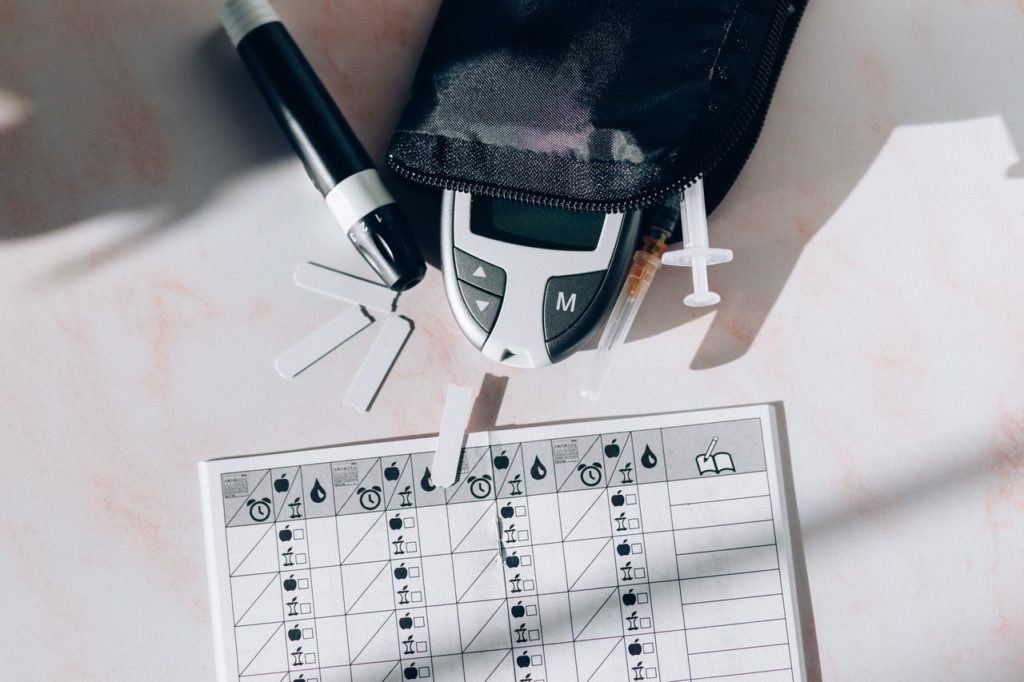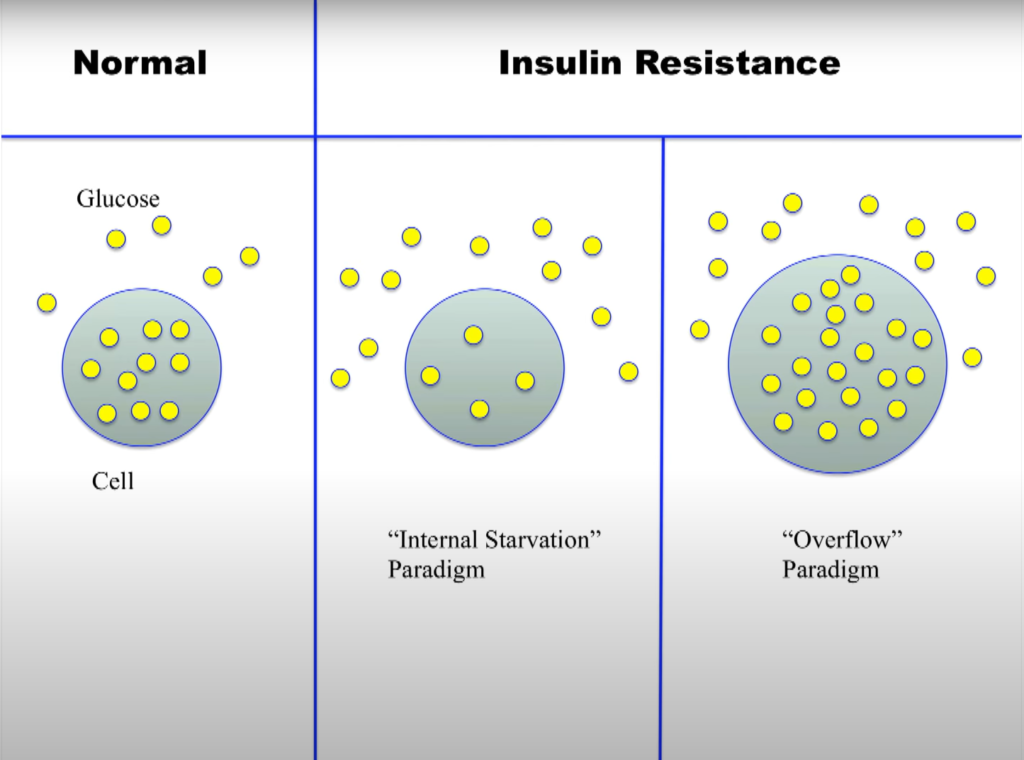Insulin is a signaling molecule produced by the pancreas. When the pancreas senses elevated glucose levels in the blood, insulin is released to direct the excess sugar into cells.
Notably, if you told a type 1 diabetic(whom produces no insulin) to eat as much as they can, they would not put on weight because the insulin signaling is absent despite the massive calorie overload.
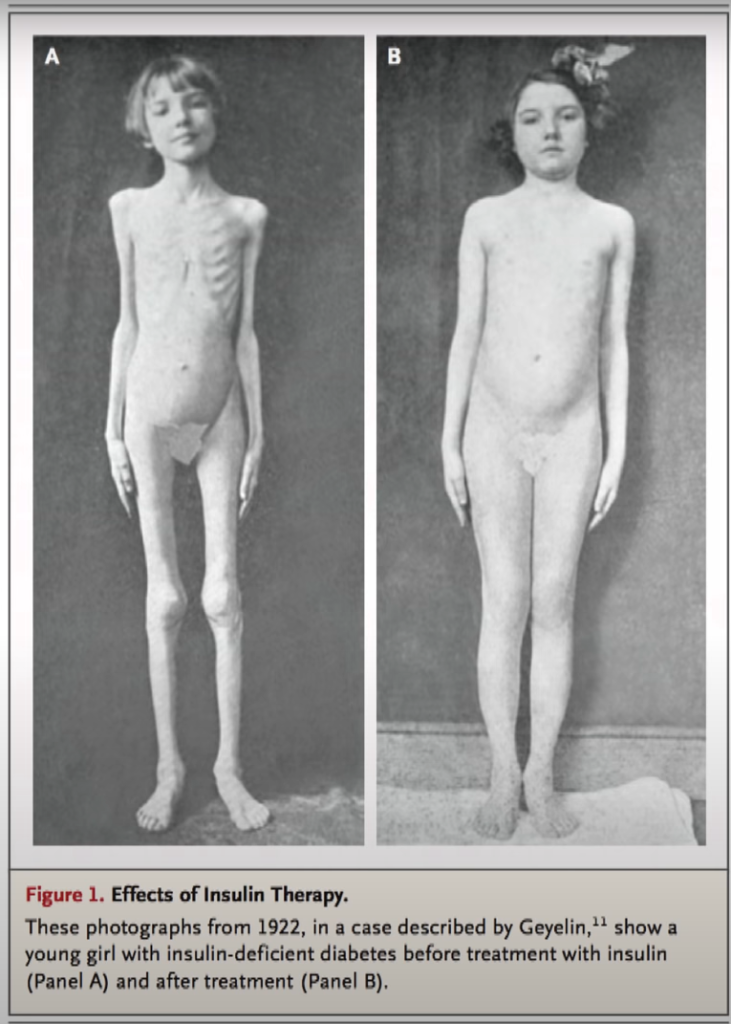
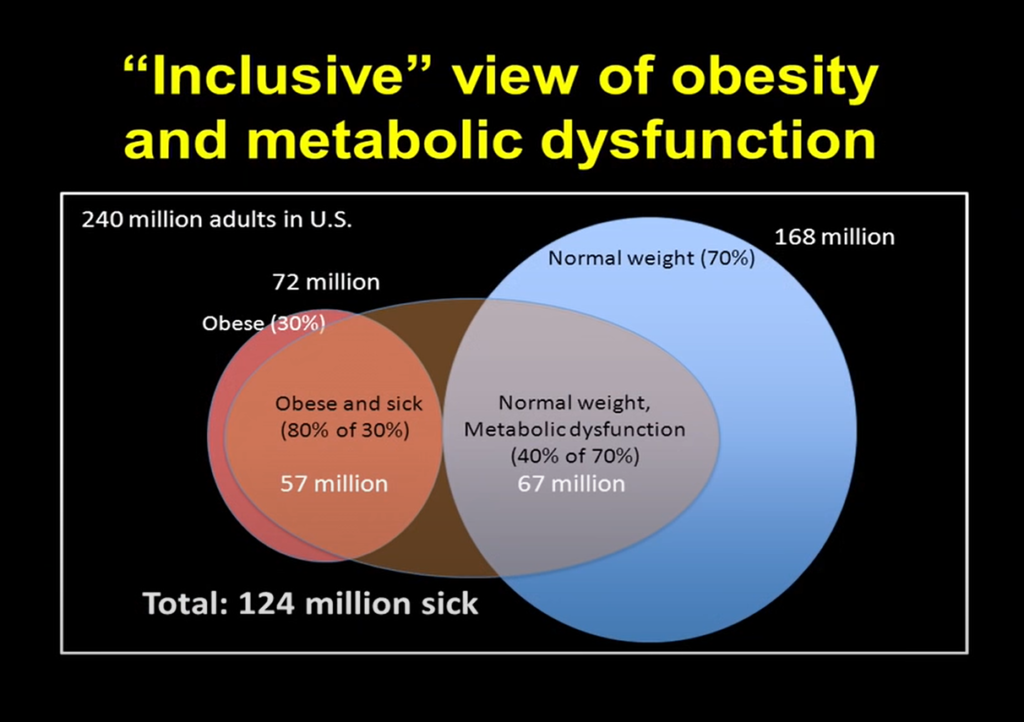
A problem occurs when we consume an overabundance of sugar. We fill all our cells to the brim with glucose and then the cells no longer respond to insulin. This is what is known as insulin resistance. When this happens, the pancreas works harder to pump out more insulin to overcome the resistance, but this eventually results in elevated blood insulin and sugars.
When fat cells are filled, fat constantly escapes from the cell and more insulin is required to keep it in.
The GLUT4 transporters are also significantly impaired when the fat cells are so full.
Because insulin is an energy storage signal, this forces the body to keep putting energy away and blocks access to the stored energy already inside the body. With this exaggerated insulin response, blood glucose levels often dip below normal levels briefly after a meal. But since the energy is locked away, the only option left is to eat more to make up for the deficit, so we quickly feel hungry again. This leads to a vicious cycle of eating more and more carbs, maintaining a chronically elevated insulin level and preventing us from effectively burning any of our fat stores.
This process eventually leads to the build up of sugars and fat converted from excess sugars in the system. After enough time elapses, then the development of plaque in the vessel walls and diabetes can be observed.
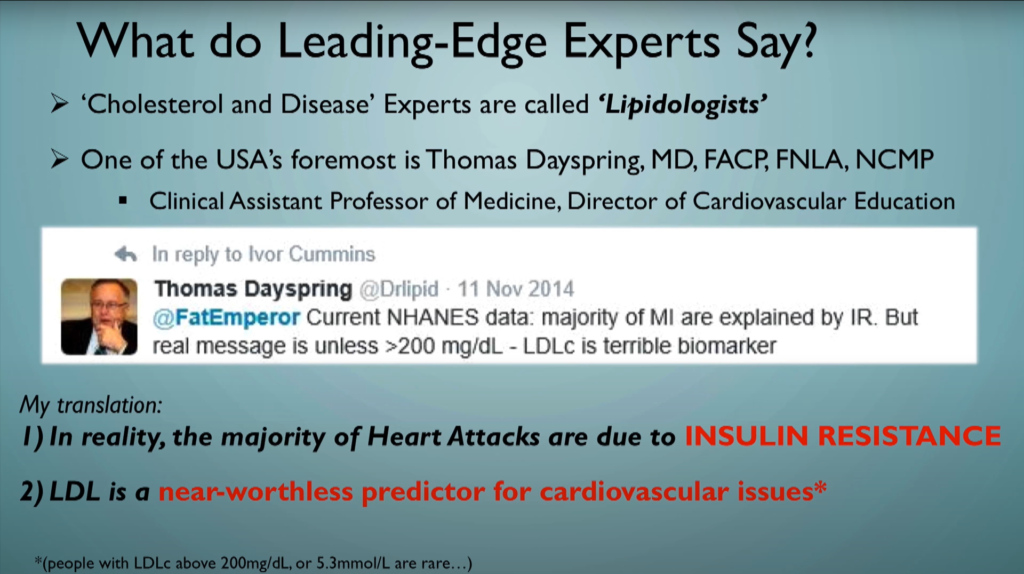
Unfortunately, most doctors will only test their patients for glucose and HbA1c. The problem with that is that the body is very capable of compensating for maintaining normal glucose levels. So years before someone might be diagnosed with diabetes, their glucose will look fine to their GP all the while the insulin is elevated. But since they only test for glucose and not insulin, they are none the wiser.
Much of the medical community still considers diabetes to be irreversible, but in fact, if we significantly reduced their carbohydrate intake, that would no longer be true. Another tactic would be to eat fewer times in a day compared to the recommended 6 eating events a day people in developed countries consume. Our bodies were never made to be eating as often as we do now. By achieving lower blood glucose levels and maintaining a low and steady insulin level, the damage can be undone.
Insulin and Alzheimer’s Disease
When the brain becomes insulin resistant, then it is denied access to sugar and thus starts to suffer negative consequences.
How do I know if I have insulin resistance?
Can take a fasting insulin test at a testing facility
-HOMA-IR
-glucose challenge test
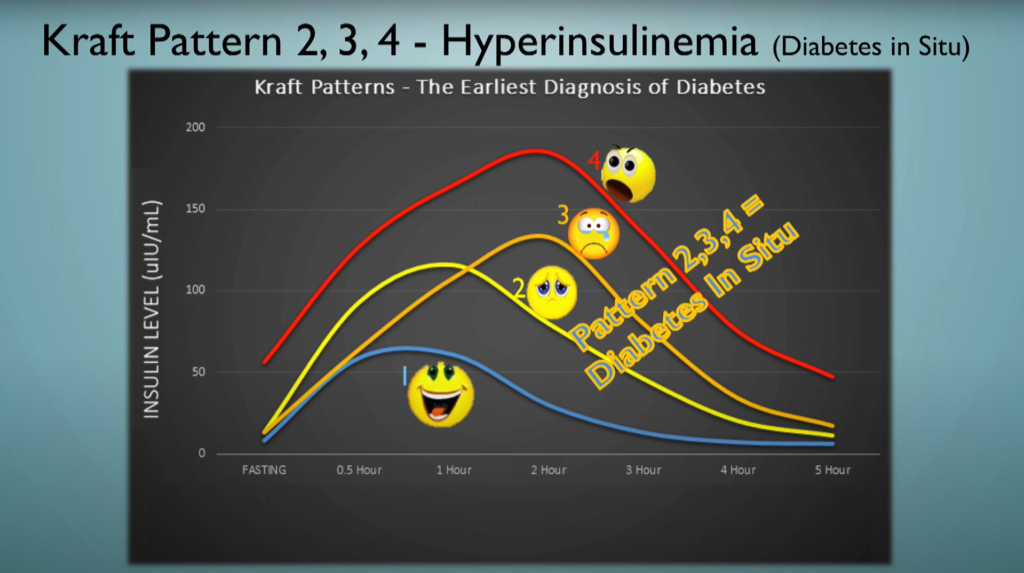
TL;DR
Insulin is the gatekeeper for sugar in our body. If levels are too high from excessive sugar consumption, fat stores are rendered inaccessible. If severe enough, fat will start to accumulate in places it shouldn’t leading to detrimental health effects. Simultaneously, weight loss is inhibited from being unable to use up stored fat for energy. The goal would be to reduce consumption of sugar to reduce insulin levels, opening access to fat metabolism and weight loss.
Other resources:
–Dr. Jason Fung – ‘A New Paradigm of Insulin Resistance’
-Ep114: Cholesterol Conundrums Revisited, with Dr Jonny Bowden PhD
-Ivor Cummins – ‘The Pathways of Insulin Resistance: Exposure and Implications’
–Dr. Ted Naiman – ‘Insulin Resistance’
-Dr. Benjamin Bikman – ‘Ketones: The Metabolic Advantage’
–How Knowledge is Power in Nutrition | Dr. Wendy Pogozelski
–Dr. Priyanka Wali – ‘Staying on Top of the Data: Insulin Resistance and Sexual Health’
-Insulin resistance impairs fat loss
–High insulin comes before obesity according to a new study
Papers:
